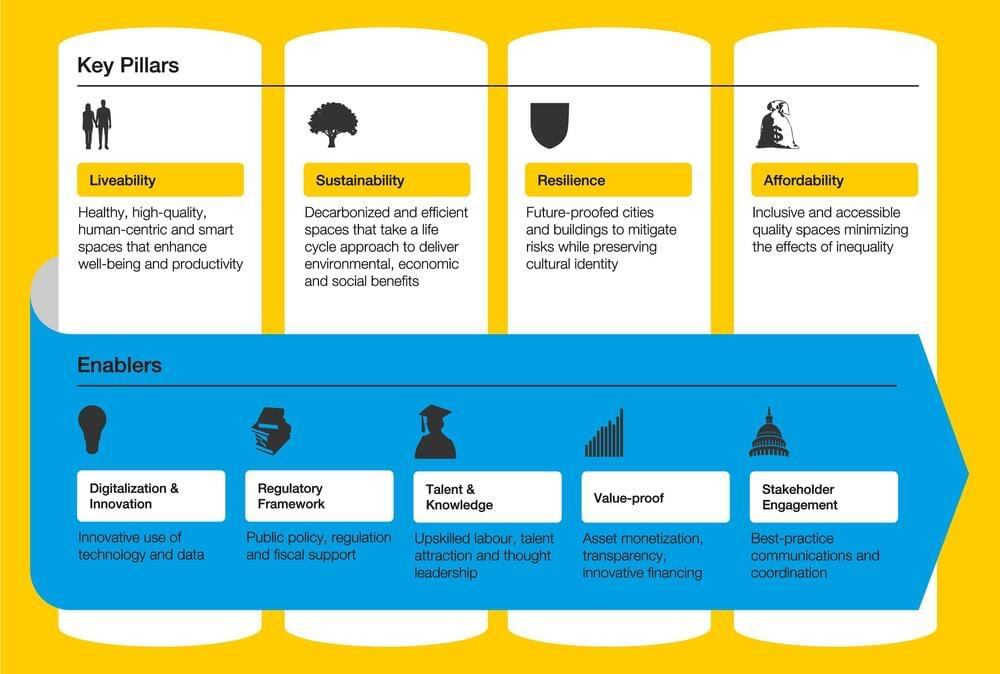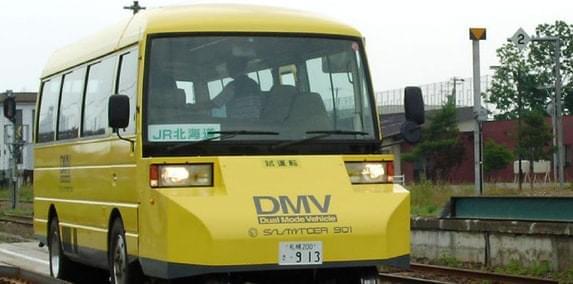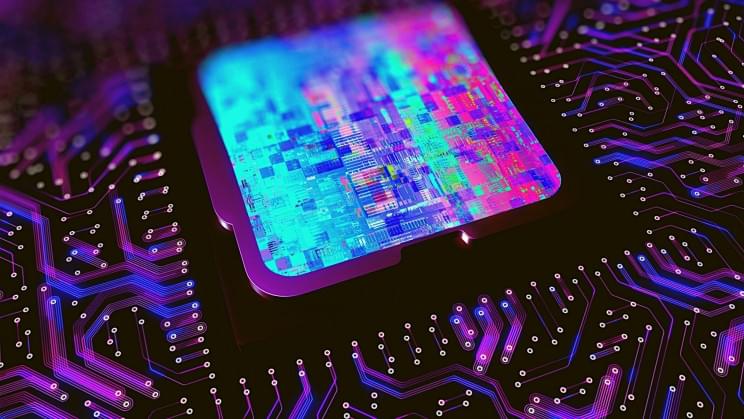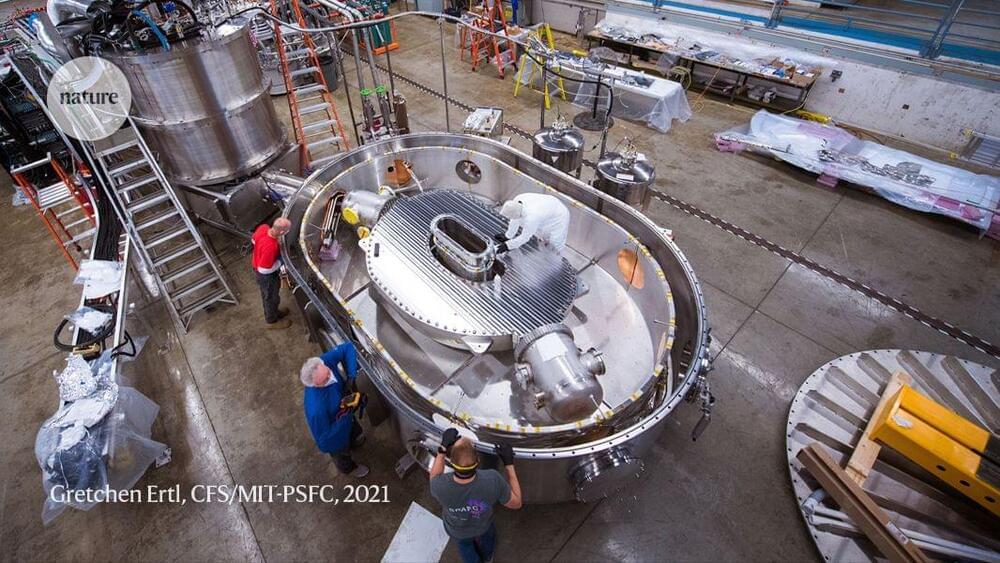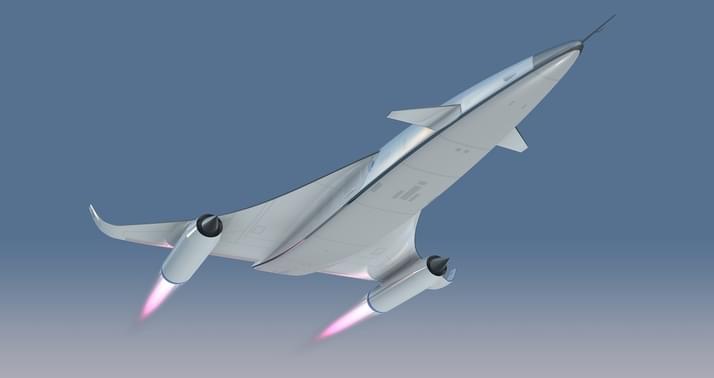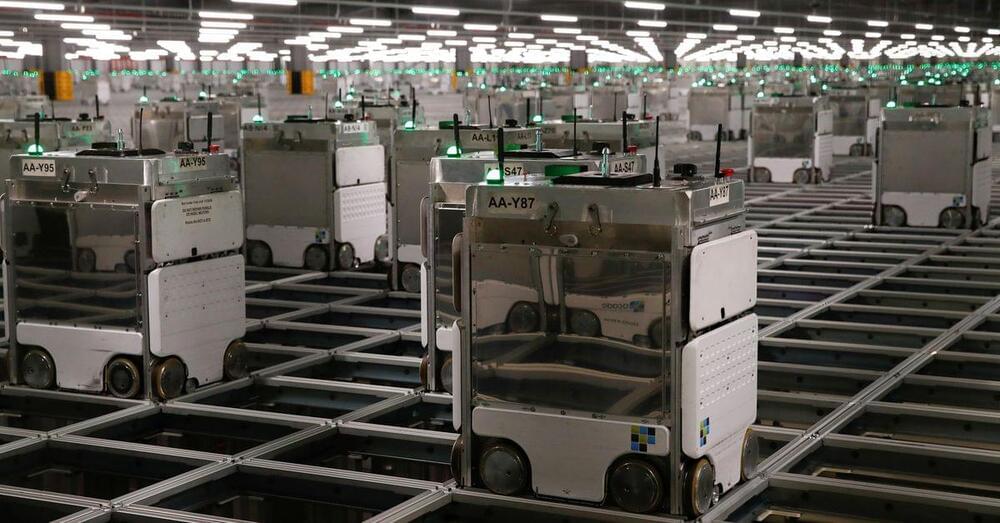Nov 27, 2021
Seoul, First Local Gov’t to Start New-Concept Public Service with “Metaverse Platform”
Posted by Shubham Ghosh Roy in categories: biotech/medical, business, economics, education, government
The Seoul Metropolitan Government (SMG) is the first local government in Korea to establish a metaverse platform, which has emerged as a contactless communication channel in the post-pandemic era, to start providing a new-concept public service by using the platform in its administration.
The SMG plans to establish “Metaverse Seoul” (tentatively named), a high-performance platform, by the end of next year, and create a metaverse ecosystem for all areas of its municipal administration, such as economic, cultural, tourism, educational and civic service, in three stages from next year.
Starting with the pilot program of a Bosingak Belfry virtual bell ringing event at the end of this year, the SMG will consecutively provide various business support facilities and services, including the Virtual Mayor’s Office, Seoul FinTech Lab, Invest Seoul and Seoul Campus Town, on its metaverse platform.

